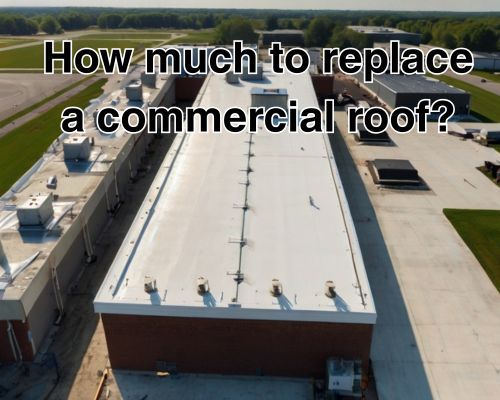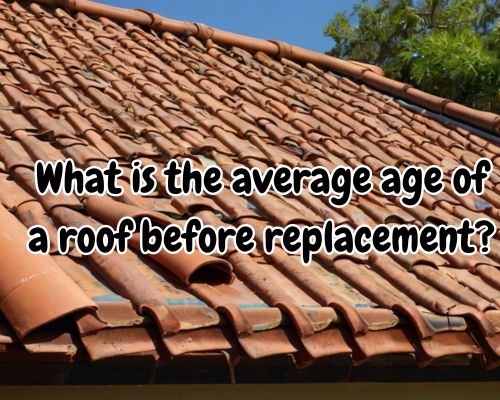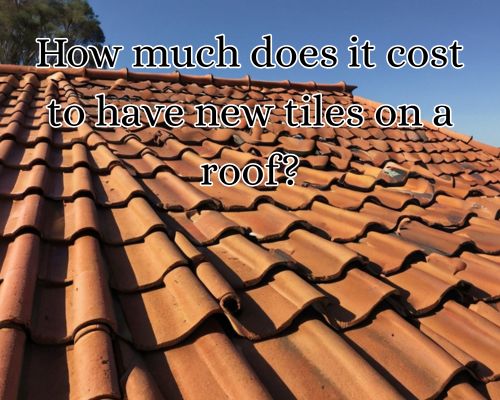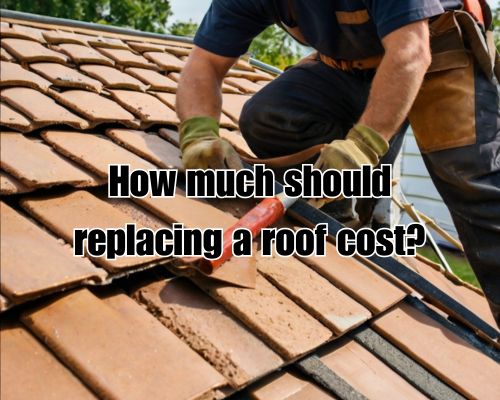What Is a Commercial Roof Called? Understanding Your Roofing Options in New Jersey
Rebecca Washington
July 30, 2025

What Is a Commercial Roof Called? Understanding Your Roofing Options in New Jersey
In the world of property management and building construction, especially in regions like New Jersey where both coastal weather and urban density pose unique challenges, commercial roofing stands as a specialized domain. But one question still confounds many business owners, facility managers, and even contractors: What is a commercial roof called?
If you’re navigating roofing quotes, insurance paperwork, or renovation plans, understanding the terminology and types of commercial roofs is more than semantics — it’s about selecting the right system for your property. With Charles Jimerson of CJ Commercial Roofing NJ, we’ll unpack the core naming conventions behind commercial roofs, explore types used commonly across New Jersey, and explain why the name you use matters more than you think.
📌 So, What Is a Commercial Roof Actually Called?
At its core, a commercial roof refers to any roofing system installed on a commercial building — retail outlets, office complexes, warehouses, industrial plants, hospitals, schools, and even some multi-unit residential buildings.
But when professionals refer to the type of commercial roof, they’re usually classifying it based on:
- Structure (flat, low-slope, pitched),
- Material (EPDM, TPO, PVC, metal, built-up),
- Installation method (mechanically attached, ballasted, fully adhered),
- Purpose (cool roofing, green roofing, waterproofing).
So, to answer the core question:
A commercial roof is most commonly called by its system name, such as TPO roofing, EPDM membrane, metal roofing, or built-up roofing (BUR).
Each term reflects specific material and structural characteristics — and has different implications for durability, cost, energy efficiency, and insurance eligibility.
🔍 Common Types of Commercial Roofs in New Jersey
New Jersey’s variable climate — hot summers, icy winters, and frequent Nor’easters — shapes the popularity of specific commercial roofing systems. Here are some widely used roofing solutions in NJ:
1. EPDM (Ethylene Propylene Diene Monomer)
Also called rubber roofing, EPDM is known for its durability, flexibility, and UV resistance. It’s a common choice for flat and low-slope commercial roofs in New Jersey.
- 🔹 LSI Keywords: Rubber membrane, flat roof, UV resistant roofing
- 🔹 Applications: Warehouses, healthcare facilities, retail plazas
- 🔹 New Jersey Insight: Great for areas like Edison, Trenton, and Newark where industrial zones dominate.
2. TPO (Thermoplastic Olefin)
TPO roofing systems are rapidly growing in popularity due to their reflective properties and energy efficiency.
- 🔹 LSI Keywords: Cool roof system, white roof membrane, heat-reflective roofing
- 🔹 Applications: Green-certified buildings, shopping centers, offices
- 🔹 New Jersey Insight: TPO is ideal for eco-conscious builds in urban areas like Jersey City and Hoboken where LEED compliance is a focus.
3. PVC (Polyvinyl Chloride) Roofing
PVC is another single-ply roofing membrane, but it offers excellent chemical resistance, making it ideal for restaurants and factories.
- 🔹 LSI Keywords: Chemical-resistant roofing, waterproof membrane, fire-retardant roofing
- 🔹 Applications: Food-processing plants, medical facilities
- 🔹 New Jersey Insight: Often used in coastal cities like Atlantic City due to salt air corrosion resistance.
4. Metal Roofing
Standing seam and corrugated metal roofs are long-lasting and low-maintenance, often used for sloped commercial roofs.
- 🔹 LSI Keywords: Galvanized steel, aluminum panels, reflective roof coating
- 🔹 Applications: Municipal buildings, schools, warehouses
- 🔹 New Jersey Insight: Common in suburban commercial districts like Morristown and Princeton.
5. Built-Up Roofing (BUR)
An old-school method, BUR consists of layers of bitumen and reinforcing fabrics. It’s durable and excellent at waterproofing.
🌍 Why the Name Matters: Legal, Financial, and Operational Implications
Here’s where terminology gets crucial. Whether you’re filing a claim with your insurance company, applying for a construction permit in New Jersey, or negotiating with a contractor, accurately identifying your roof type can affect:
- ✅ Replacement Cost Valuation (RCV): Insurance coverage terms vary by roofing material.
- ✅ Local Building Codes: For example, the New Jersey Uniform Construction Code may restrict certain materials in coastal wind zones.
- ✅ Energy Rebates: Some commercial roofing systems like TPO or cool metal roofs may qualify for NJ Clean Energy Program rebates.
- ✅ Warranty Terms: Manufacturer warranties often apply only to correctly named systems installed as specified.
🧠 Insider Tip: The Flat Roof Fallacy
Many property owners casually refer to their commercial roof as just a flat roof. While many commercial roofs are low-slope (technically not truly flat), the term “flat roof” doesn’t specify what system is installed. This vagueness can lead to miscommunications in roof repair contracts, insurance negotiations, and even inspections.
Instead, clarify with specifics: e.g., “fully adhered 60-mil TPO membrane over ISO insulation.”
🏙️ Local Considerations: Commercial Roofing in New Jersey
From Bergen County to Cape May, roofing contractors in New Jersey face unique regulatory, environmental, and insurance challenges. Here’s what local business owners should know:
🔸 Permitting & Code Compliance:
Check with your township’s construction office (e.g., Newark Department of Engineering or Ocean County Building Division). New Jersey follows the IBC (International Building Code) with state-specific amendments.
🔸 Storm Resilience:
Given the risk of snow loads and hurricane-force winds along the Jersey Shore, many roofing systems must be reinforced or mechanically fastened beyond minimum spec.
🔸 Insurance Language:
Commercial property insurers in NJ often distinguish between “functional” and “replacement cost” coverage — and roof type is a key variable in determining claim payouts.
🔸 Green Roof Incentives:
Some New Jersey municipalities like Hoboken and Jersey City encourage vegetative roofing systems for stormwater control. These qualify as commercial roofs too, but must meet special design criteria.
🧾 Final Thoughts: Ask the Right Question
Instead of asking “What is a commercial roof called?” consider asking:
- “What roofing system is best for my commercial property in New Jersey?”
- “What are the pros and cons of TPO vs. EPDM for flat roofs?”
- “How do I identify what type of roof is currently on my building?”
By understanding your roof’s name — and what it truly represents — you gain leverage in budgeting, compliance, energy optimization, and long-term facility management.
📞 Local Expertise Matters
If you’re unsure about your roof type or exploring replacement options, consult a licensed New Jersey commercial roofing contractor like CJ Commercial Roofing NJ. Look for certifications with manufacturers like GAF, Carlisle SynTec, or Firestone, and check reviews on platforms like Angi, HomeAdvisor, or BBB New Jersey.










